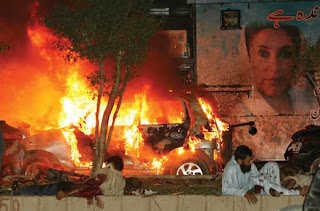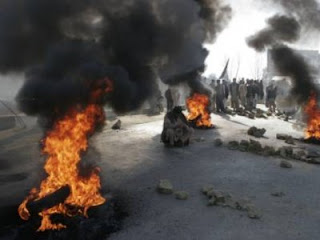The word cyclone is derived from the Greek word ‘cyclos’ meaning coils of snake. Cyclones are huge revolving storms caused by wind blowing around the central area of low atmospheric pressure. It is
How Do Cyclones Occur?:-
Cyclones develop over warm seas near the equator. Air heated by the sun rises very swiftly which creates areas of very low pressure. As the warm area rises, it becomes loaded with moisture which condenses in to massive thunder clouds. Cool air rushes in to fill the void that is left, but because of the constant turning of the earth on its axis, the air is bent inwards and then spirals upwards with great force. The swirling winds rotate faster and faster forming a huge
Impacts Of A Cyclone:-
Cyclones create several changes for people living around tropical areas. The most destructive forces of a cyclone comes from the fierce winds which are strong enough to easily topple fences, sheds, trees, power poles and caravans, which hurling helpless people through air. Many people are killed when the cyclones winds cause buildings to collapse and houses to completely flow away.
Preparing For Cyclones:-
If a cyclone is predicted, the following things should be done:
(i) Clean your residence or work area of unwanted material and rubbish.
(ii)Trim trees of excess height and growth to enable them to withstand higher winds.
(iii)Clean drains of rubbish or obstruction.
(iv) Have available emergency supplies, first aid kits, torch (with batteries), drinking water container, canned food, portable radio (and batteries).
(v)Decides where to shelter pets.
(vi)Organise tie down areas and supplies for caravans, boats, trailers, etc.
(vii)Be ready to evacuate.







